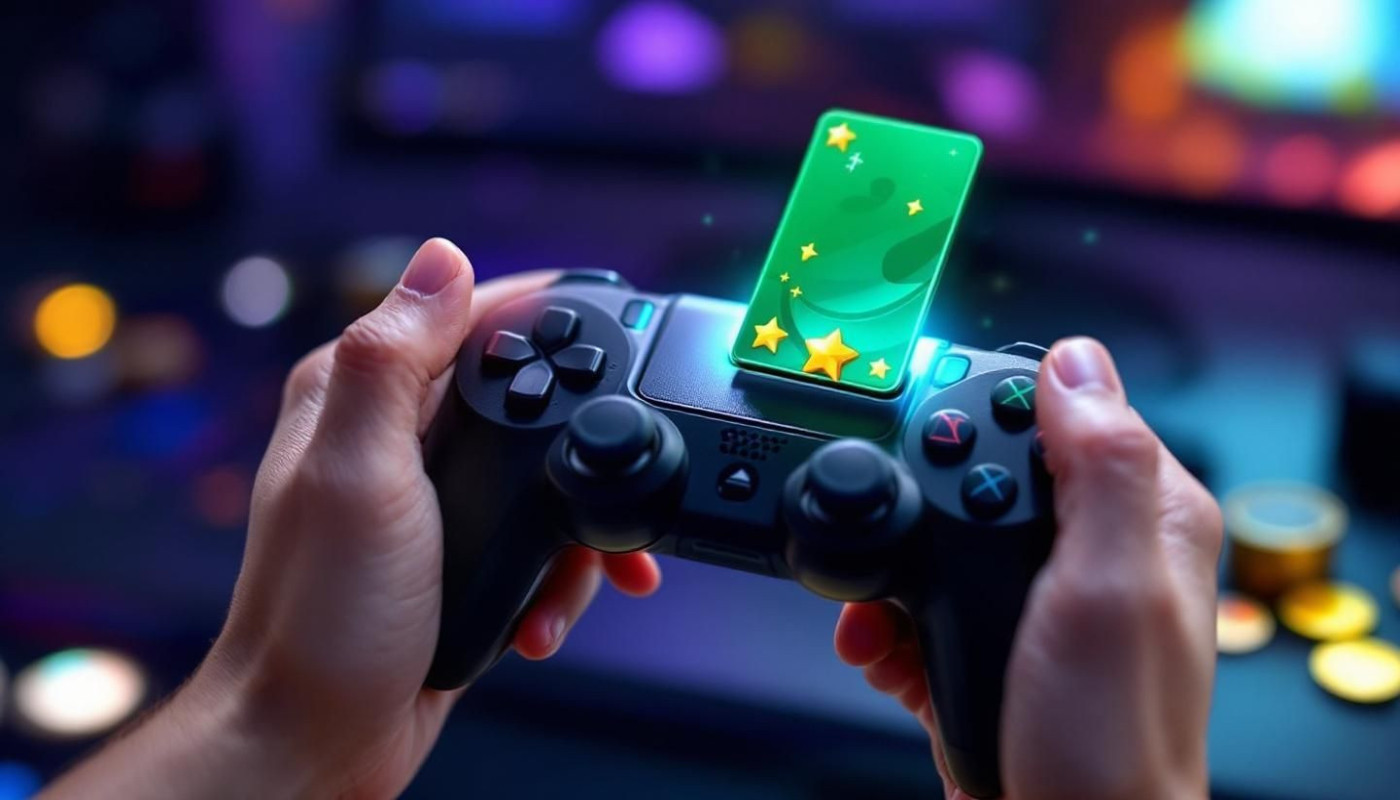Table of contents
Every table sport has its own unique blend of strategy, skill and psychology. However, none exemplify the art of cunning quite like poker - a game where deception is as crucial to success as a good hand. From bluffing to spotting tells, psychological warfare lies at the heart of this popular card game. This article will dive into an exploration of how mind games influence play and determine outcomes in poker. So if you're interested in honing your skills or just fascinated by human behavior under pressure, read on for a captivating look into the complexity behind those simple cards.
Understanding Poker Psychology
Poker is not merely a game of chance but also a battle of wits, where emotional intelligence, strategic manipulation, and game theory play a pivotal role. This is the realm of poker psychology, where players employ careful strategies to gain a psychological advantage over their opponents. In the words of renowned psychologist Daniel Goleman, emotional intelligence is key to outplaying an opponent in competitive settings like poker. Similarly, accomplished professional poker player Dan Harrington has written extensively about the significance of strategic manipulation in poker.
Game theory, a branch of mathematics that studies decision-making, also has profound implications in poker. Poker professionals like David Sklansky have utilized game theory to maximize their winnings, revealing that poker isn't purely about the luck of the draw but about making optimal decisions based on available information. These concepts work in harmony to create the intricate art of deception in poker, where psychology and logical thinking coalesce to form the perfect bluff.
The Artful Bluff: Deception at Play
Within the intricate play of poker lies a deceptive strategy that has proven its worth time and again—bluff mastery. In essence, this technique is an artful dance of deception, a dangerous gamble that could significantly tip the scales in favor of the player despite stark odds. The crux of this high-risk high-reward strategy is to convince opponents that your hand is stronger than it actually is, thereby forcing them into submission.
Effective bluffing isn't simply about feigning confidence—it's about reading and interpreting the telltale signs from your opponents and playing your cards accordingly. It requires keen perception, quick thinking, and a complete understanding of the game's dynamics. And when executed well, a well-placed bluff can lead to memorable victories in high stakes games.
Consider, for instance, the world-renowned poker tournaments where bluffing has transformed the course of the game. In these instances, it's not just about the cards in hand, but about the ability to mask one's intentions and strategically misdirect opponents. The essential role of bluffing in winning big stakes has been proven by its successful utilization in international tournaments.
Detecting Tells: Psychological Insight
The world of poker is replete with various strategies, but one of the often overlooked yet critical aspects is the ability to read 'tells'. These are subconscious signals or non-verbal cues given off by opponents, potentially revealing their hands or intentions. A player adept in interpreting these signs can gain a significant advantage during play.
Consider a scenario where an opponent consistently rubs his nose whenever he is bluffing. A keen player who picks up on this pattern can use it to their benefit and potentially pull off a major win. This skill, however, extends beyond merely noting physical gestures. It also involves interpreting changes in betting patterns, conversation style, and even minute shifts in body language. In a nutshell, it's about reading your opponents in a way they may not even be aware of themselves.
The importance of attention to detail in this high-pressure environment cannot be overstated. Some players may give off tells only under certain stress levels or when they are confident about their hand. It is paramount to stay observant and adaptable, ready to exploit any subconscious signals your opponents may reveal. It's clear that in the realm of poker, the mind games extend far beyond the cards on the table.
Emotional Regulation: Keeping Composure Under Pressure
In the high-stakes game of poker, the need for emotional regulation cannot be overstated. Maintaining one's cool in the face of mounting pressures is integral to ensuring that rational, strategic decision making isn't compromised by heightened emotions such as fear or excitement. This is the subtle art of 'composure keeping', a skill that separates the novices from the seasoned pros.
In the heat of a game, the ability to handle pressure and manage fear becomes a determinant of success. To illustrate, consider an anecdote featuring a well-known poker player who found himself in a tense situation. With an enormous pot at stake, his heart raced and palms sweated. Yet, he mastered his fears, thought strategically, and played a hand that won him the game. It was a testament to his ability to regulate emotions and make rational decisions under pressure.
This tale is just one of many that highlight the importance of emotional regulation in poker. Without the capacity to keep one's composure, even the best of players may crumble under the weight of stress and fear. Therefore, mastering 'pressure handling' and 'fear management' are as important, if not more so, than understanding the technical aspects of the game.
Similar articles

Exploring Popular Online Casino Games And Their Appeal

Exploring The Benefits Of Comprehensive Welcome Bonuses In Online Casinos

